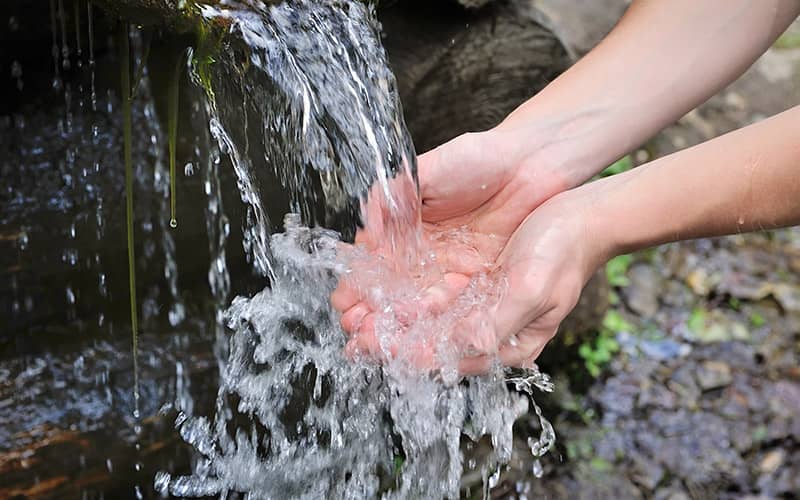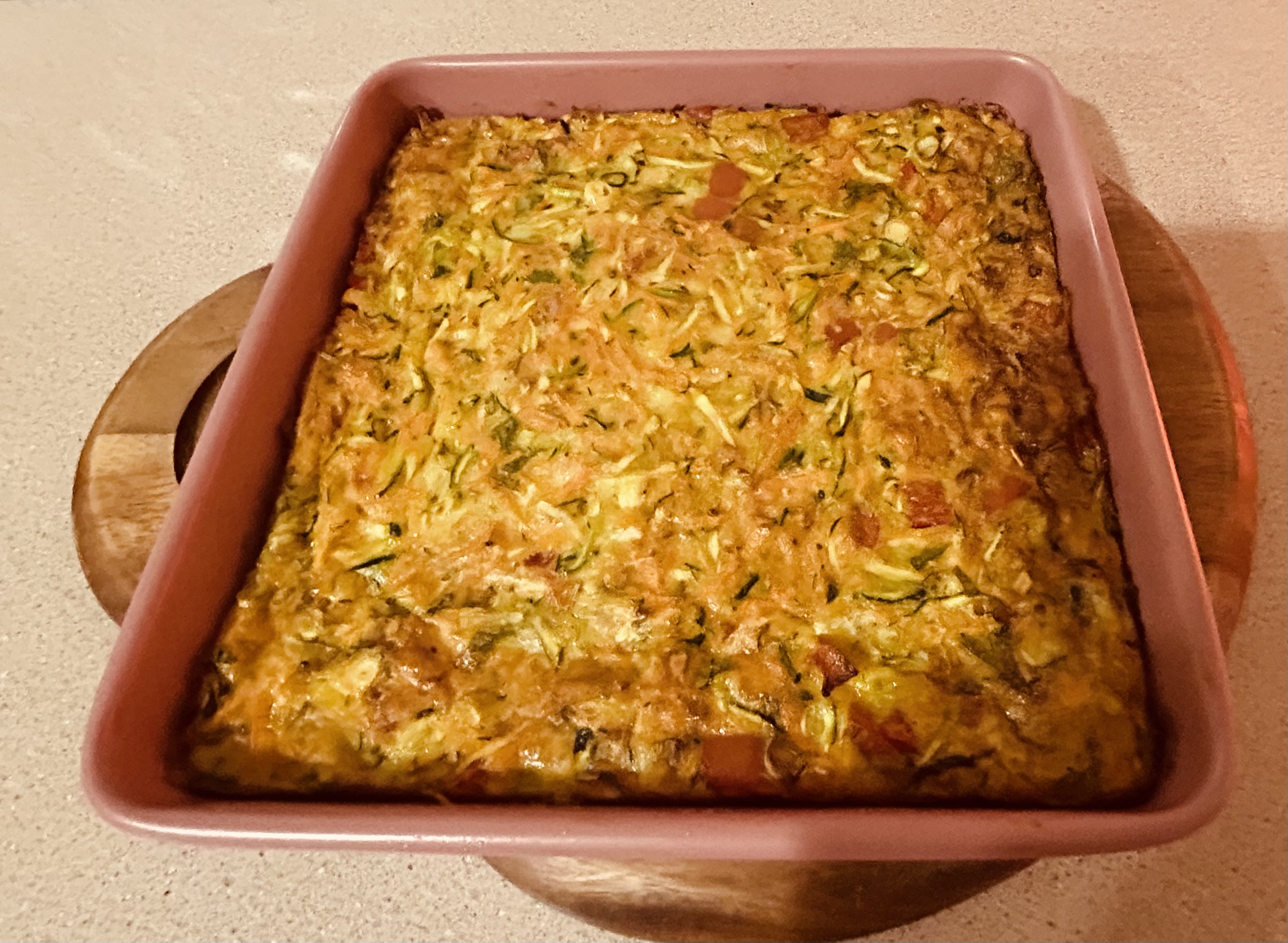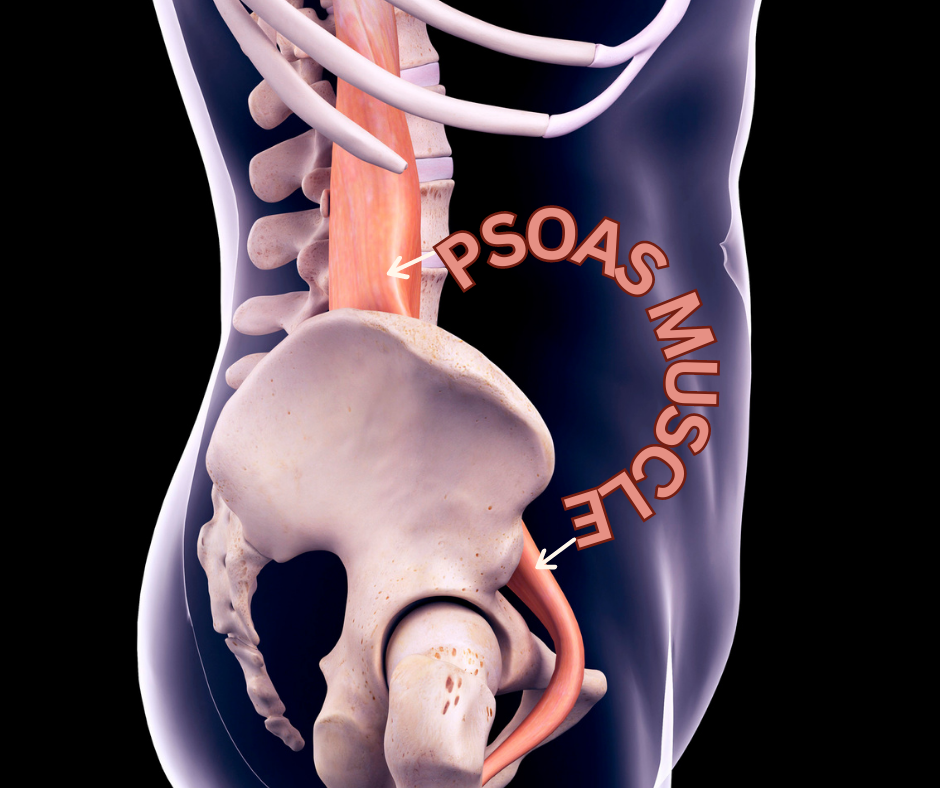Water at Work
The body uses water for virtually all its functions- for digestion, absorption, circulation, excretion, transporting nutrients, building tissue, and maintaining constant body temperature.
Almost all of the body’s living cells need and depend on water to perform their functions. Water carries nutritive elements to the cells and carries away waste materials and salts to the kidneys.
Water serves as an important constituent of lubricants, helping to cushion the joints and internal organs, keeping body tissues such as the eyes, lungs and air passages moist, and surrounding and protecting the foetus during pregnancy.
Water is needed in each step of the process of converting food into energy and tissue. Digestive secretions are mostly water acting as a solvent for nutrients; in effect, water softens, dilutes and liquefies food in order to facilitate digestion. It also helps move food along the alimentary canal. Differences in the fluid concentration on either side of the intestinal wall facilitate the absorption process.
Are you Drinking Enough?
There are three simple clinical signs.
- Dark yellow urine. Our kidneys are equipped with millions of filtering units that remove impurities and return the purified liquid to the bloodstream. Since filtration is the organ’s first priority, it will continue its job even if this means producing a very highly concentrated urine. Over a long period of time, dehydration can lead to the development of kidney stones, urinary tract infections, and other problems.
- Constipation. This bowel dysfunction is often one of the first signs that your water intake is inadequate. Because the rest of the body has a higher priority for water, the intestinal tract can be shortchanged, and the result is hard stools. Unfortunately, few people heed this warning. Instead they usually rely on medication or patent remedies which force the rest of the body to return water from its own limited supply to the intestinal tract.
- Dry mouth. Caused by decreased salivary gland function, can also result from low water intake. On the other hand, a person who drinks enough water seems not to need much during meals, since his or her saliva glands operate properly.
Time for a Drink
If six to eight glasses of water is a minimum, but ten glasses of more is where you should be. The next question is when should you drink it? According to the experts, It’s best to replace fluid as your body eliminates it. In other words, there’s no point in getting up in the morning and downing eight glasses all at once. Your kidneys would soon eliminate the excess, and it wouldn’t be available when needed later in the day. However, after a night’s sleep, your body is somewhat dehydrated, so you should start replacing water by drinking about two glasses at least 15 minutes before you have breakfast. Once you’ve had your morning meal, wait about one hour to make sure the food has left your stomach, and then have another glass of water. Then drink one glass approximately one hour apart, making sure you don’t drink 15 minutes before food and 1 hour after.
Two things are likely to happen if you follow this regimen. Firstly, your thirst will be quenched.
Secondly, not only will you replace the fluids your body needs, but you’ll do so with a liquid which is more health promoting than fluids like coffee or alcohol.









